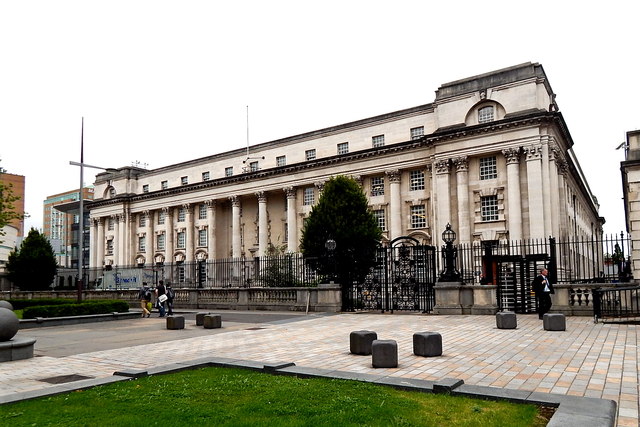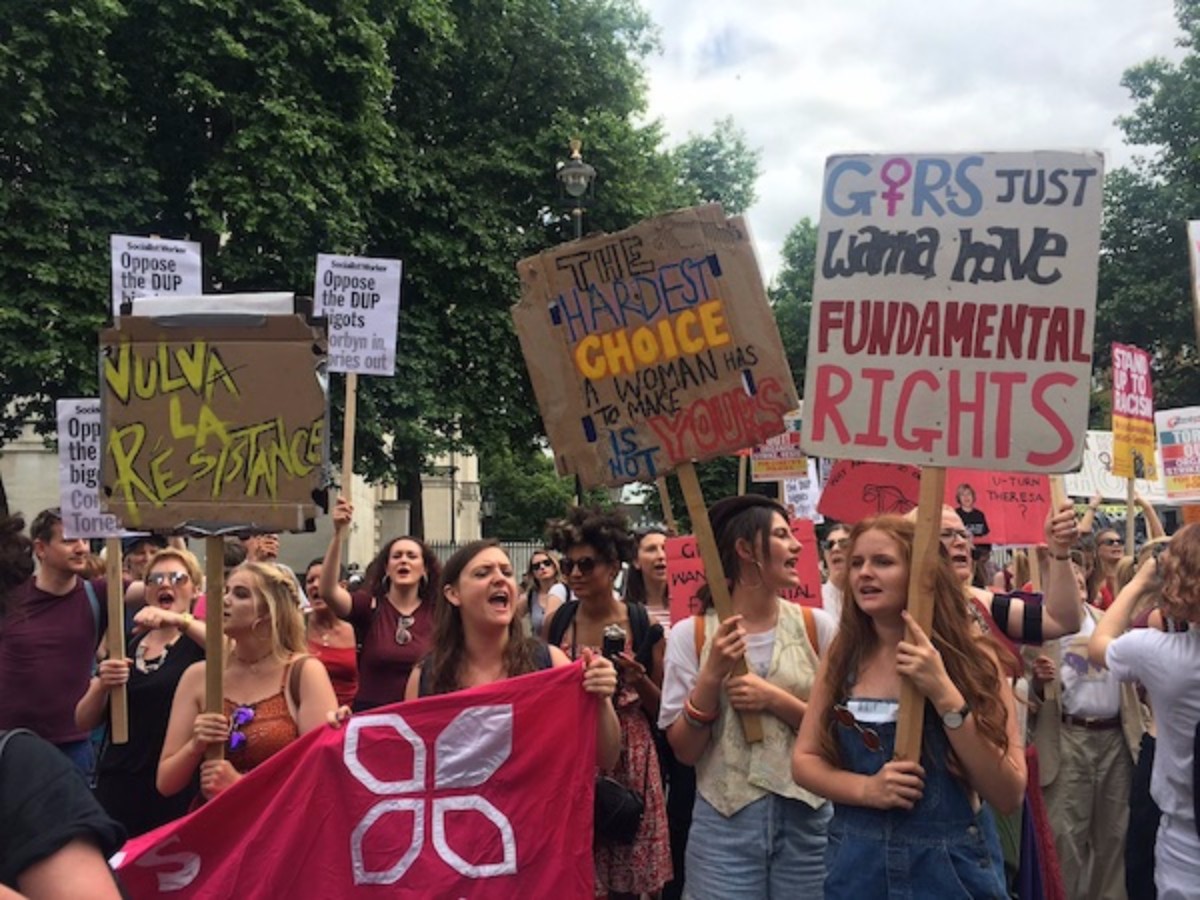Labour MPs have launched two separate private members bill to legalise abortion in Northern Ireland, as pressure grows to reform the 157-year-old, Victorian laws criminalising abortion.
It follows a move earlier this week where 208 MPs from across the political spectrum voted in favour of a private members bill by Hull North MP Diana Johnson.
Theresa May has previously said she considers abortion rights in Northern Ireland a “devolved matter” that must be decided by MPs there, but several prominent Tory politicians, including women and equalities minister Penny Mordaunt, broke rank to support the bill, which just 123 MPs opposed.
Despite the strong support for Johnson’s bill, it is largely a symbolic victory, with a spokesman for the Prime Minister saying it is unlikely to be given adequate parliamentary time to become law.
What the bill has done is lend support to an attempt by fellow Labour Party MPs Stella Creasy and Conor McGinn to amend another bill, which was already tabled by the government for Wednesday. Their amendment, which is now more likely to succeed, would make it easier to push through changes to abortion and same-sex marriage laws in Northern Ireland.
Leaving abortion law up to politicians in Northern Ireland is particularly difficult at the moment given that the devolved government collapsed more than a year ago.
Wednesday’s bill seeks to address the absence of ministers in Northern Ireland, by giving civil servants more legal power to make decisions instead. Creasy has said it is important abortion law is included.
Abortion Rights in Northern Ireland
 High Court, Belfast Credit: Geograph.ie
High Court, Belfast Credit: Geograph.ie
Northern Ireland is the only part of the UK where abortion is still illegal, because Northern Ireland is not party to the 1967 Abortion Act, which decriminalised abortion in some circumstances in England, Scotland and Wales.
The Republic of Ireland also voted to legalise abortion in May, increasing pressure on Northern Ireland to do the same.
In 2015, the High Court in Belfast ruled that the abortion laws violated Article 8 of the Human Rights Convention, which protects the right to family and private life. However, the case was overturned in 2017 by the Court of Appeal.
As it stands, abortion in Northern Ireland is only legal if a woman’s life is in danger or if she faces a serious risk to her physical or mental health.
Reproductive rights and the right to have an abortion are not explicitly defined in the Human Rights Convention, however, case law relating to abortion usually falls under Article 8 – in particular, respect for an individual’s private life.
Article 3 of the Human Rights Convention, which prohibits inhuman and degrading treatment, is also considered in relation to reproductive and abortion rights.
‘One of the Harshest Abortion Regimes in the World’
![By Rwendland [CC BY-SA 4.0 (https://creativecommons.org/licenses/by-sa/4.0)], from Wikimedia Commons](https://rightsinfo.org/app/uploads/2018/10/1024px-Stella_Creasy_2016_Labour_Party_Conference_3_cropped.jpg) Stella Creasy MP Credit: Wikimedia Commons
Stella Creasy MP Credit: Wikimedia Commons
Speaking to the Guardian on Tuesday, Johnson said that Northern Ireland had “one of harshest abortion regimes in the world, with no abortion available in the case of rape, incest, or fatal foetal abnormality”.
She called on MPs to, “remove a Victorian and misogynistic stigma from our abortion laws”.
Creasy told the BBC her amendment to Wednesday’s bill was necessary to make abortion and same-sex marriage legislation in Northern Ireland compatible with human rights law.
“It doesn’t write any new legislation for Northern Ireland,” she said. “But it does say that those human rights obligations, the things that we’re all sworn to uphold in the Good Friday Agreement, matter and therefore the secretary of state should be looking to see what she can do to address them”.
The Walthamstow MP suggested May may be reluctant to address the issue because her government relies on backing from the DUP, who strongly oppose abortion.
However, Conservative MP Fiona Bruce argued voting against Johnson’s bill was simply a matter of respecting devolution. “Whatever members’ differing views on abortion, if we respect devolution we should vote against this motion today,” she said.
The question is whether the prime minister’s more concerned about the DUP than the damage human rights abuses do.
Stella Creasy
But Creasy argued the issue must be addressed urgently. “The absence of an assembly cannot be used as an excuse to ignore the human rights of the people of Northern Ireland,” she said.
“The question is whether the prime minister’s more concerned about the DUP than the damage human rights abuses do.”







